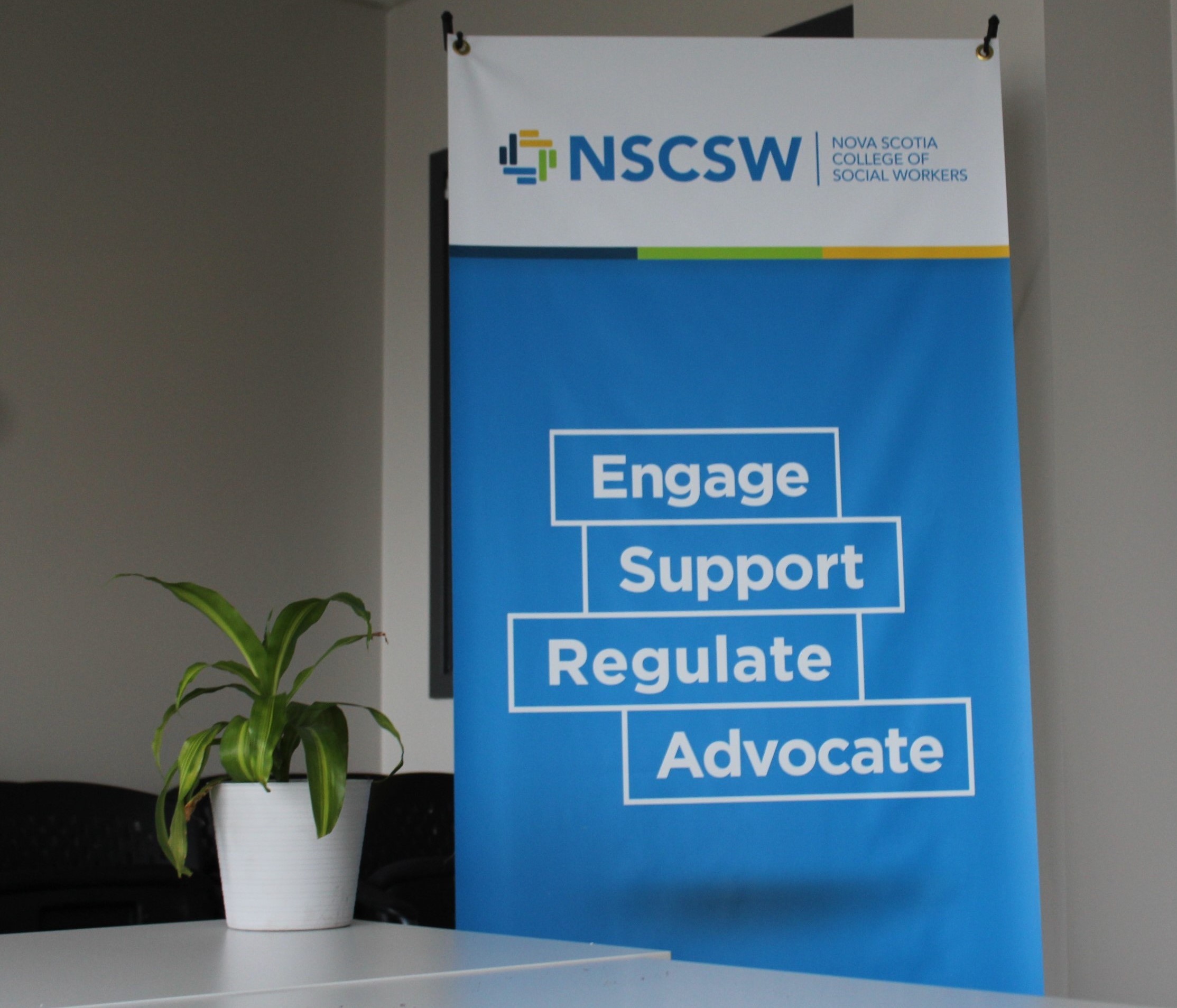New report calls for better use of social workers in N.S. mental health services
The Nova Scotia College of Social Workers released a report last week

caption
Alec Stratford is the executive director of the Nova Scotia College of Social Workers.A new report calls for social workers to be better utilized in the province’s mental health services, to improve the overall wellbeing of Nova Scotians.
The report, Repositioning Social Work Practice in Mental Health in Nova Scotia, was released last Wednesday by the Nova Scotia College of Social Workers (NSCSW).
The NSCSW regulates the profession of social work and advocates for policies to improve social conditions, challenge injustice and value diversity.
Ninety-eight per cent of survey participants in the report “believed that there need to be changes made to the current provision of mental health services.”
Service users, providers and supervisors reported unacceptable wait times to see counsellors, limited number of sessions, not valuing addiction knowledge, and very little community-based work.
“We recognized many people, and many students actually who had come back to school, had referred to mental health and addictions settings as being in crisis,” said Nancy Ross, a professor at Dalhousie University’s School of Social Work and one of the authors of the report. “So we were all interested in exploring that further.”
Wait times, busy schedules found as issues
The report was also written by her colleagues Catrina Brown and Marjorie Johnstone.
There can be a wait time of 10 months between a client’s intake appointment and followup with a social worker, and they may not have time to connect with a young client’s school board and physician, Ross said.
Mental-health service providers are also impacted.
“I think it’s important to recognize that people that work in the systems are also working in a social and political and cultural environment, that they too likely feel somewhat constrained,” Ross said.
Ross added she hopes that the report “provides opportunities to reimagine how we might talk about mental wellness instead of mental illness.”

caption
A Nova Scotia College of Social Workers banner hangs in an office.The report shows mental health services in Nova Scotia are built around a model that focuses on diagnoses and treatment but does not prioritize social inequalities, systematic racism, sexism and inter-generational trauma.
The report found “the needs of African Nova Scotians, Indigenous Nova Scotians, and 2SLGBTQIA+ communities need to be addressed. More diverse mental health service providers from these communities need to be hired.”
Alec Stratford, executive director of the NSCSW, said they received “over-whelming feedback that the social determinants of health were not being looked at in terms of mental health,” and decided to fund this research project.
The report included interviews with 50 mental health users, focus groups with service providers, an online survey and extensive literature review.
Nearly 30 recommendations made
The report recommends repositioning social work in mental health and addictions in Nova Scotia, with 29 recommendations.
These include increasing financial support for public mental health systems, providing a guaranteed income for Nova Scotians to address inequities from poverty, hire more diverse social worker supervisors and providers, develop community and culturally appropriate services, and strengthen social work identity.
“The goal is to influence the public, the political narrative around mental health services,” Stratford said.
He says the NSCSW will be campaigning and finding allies to drive policies for these changes to social work in mental-health care.
“We want to be able to talk about and advocate for those changes, and we want to establish social workers as an integral member,” Stratford said.
About the author
Chelsy Mahar
A journalism student at the University of King's College and an aspiring poet.
